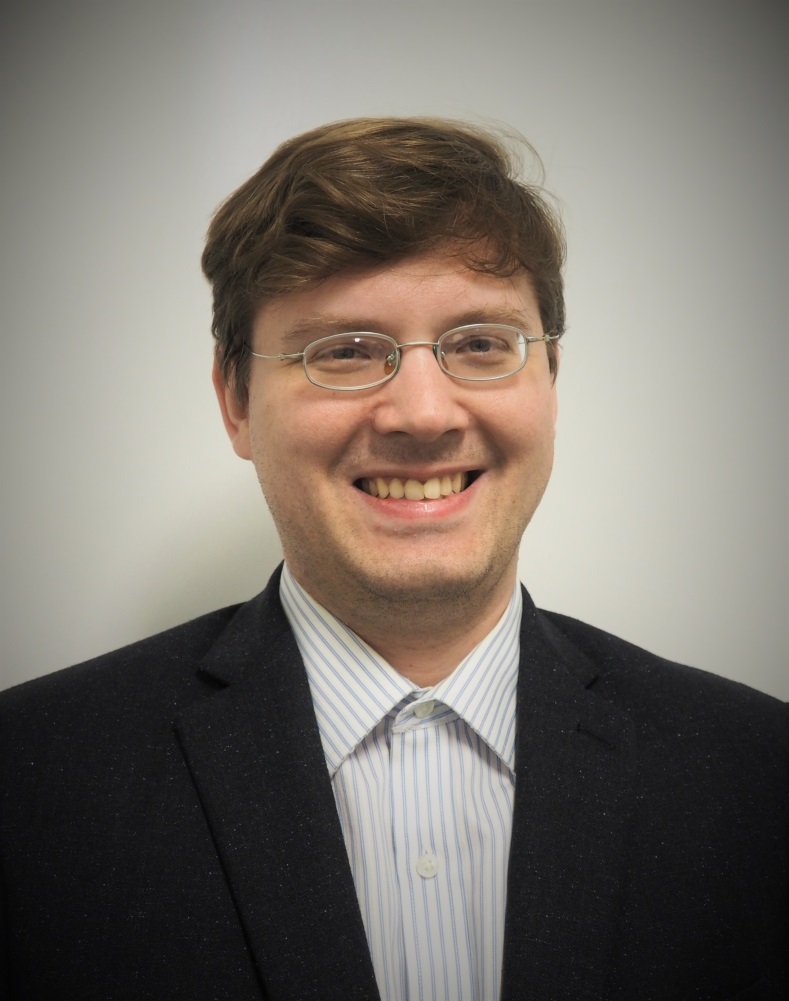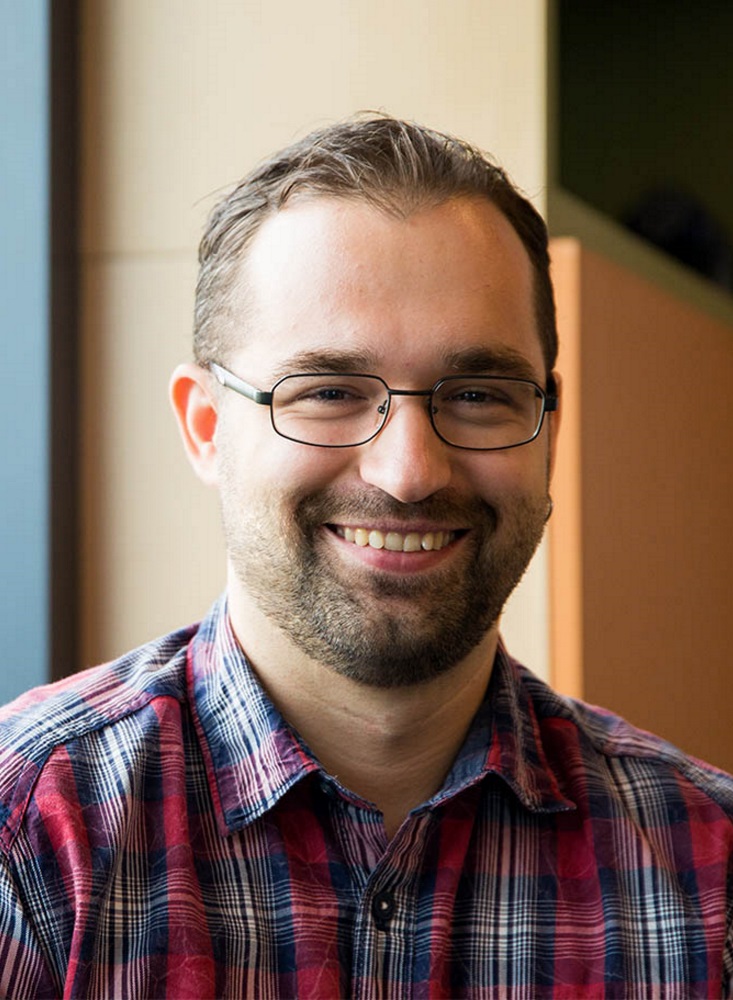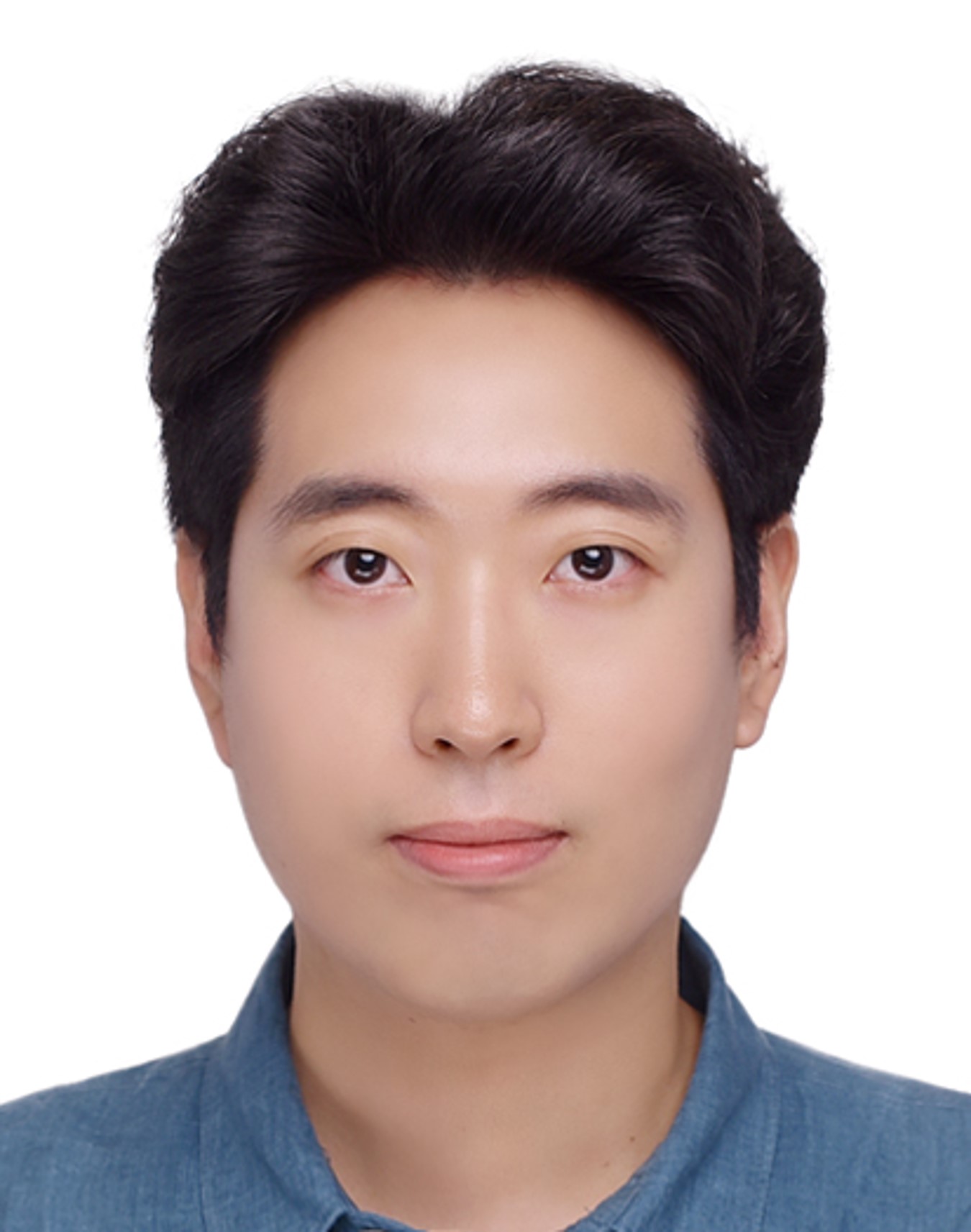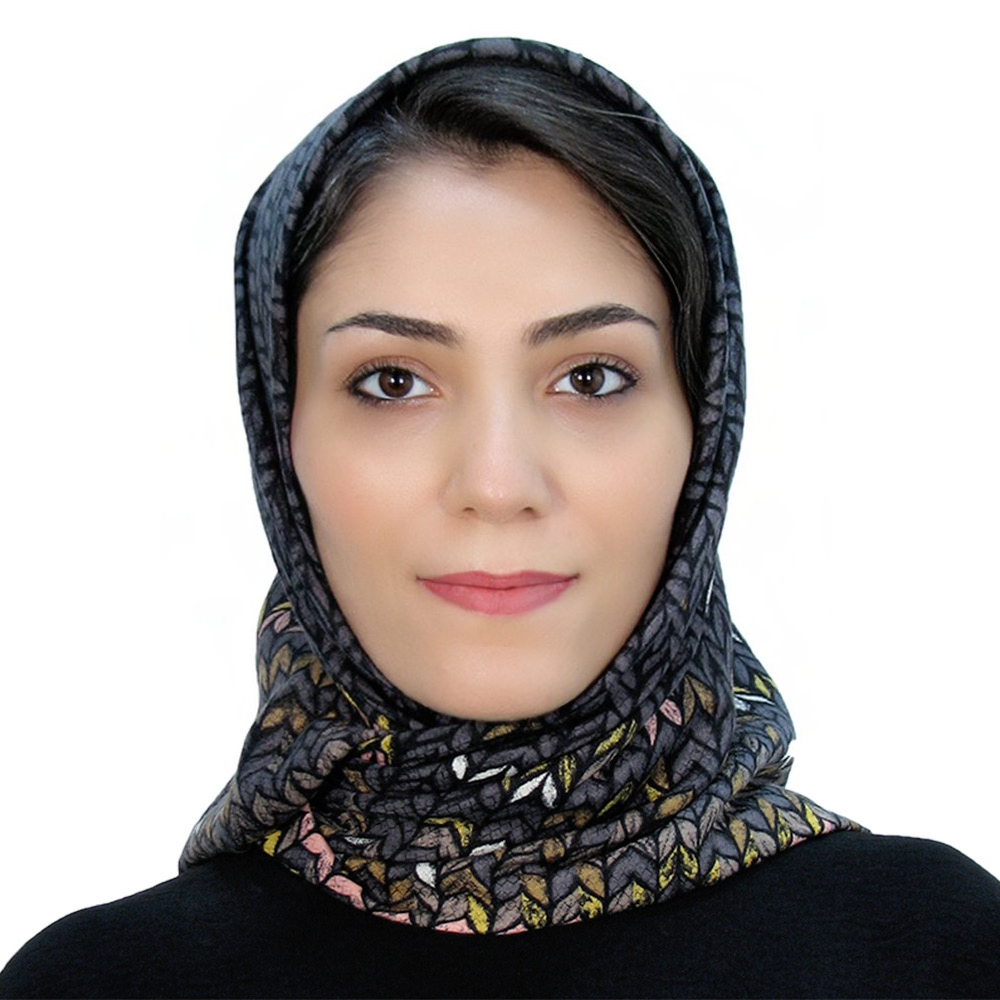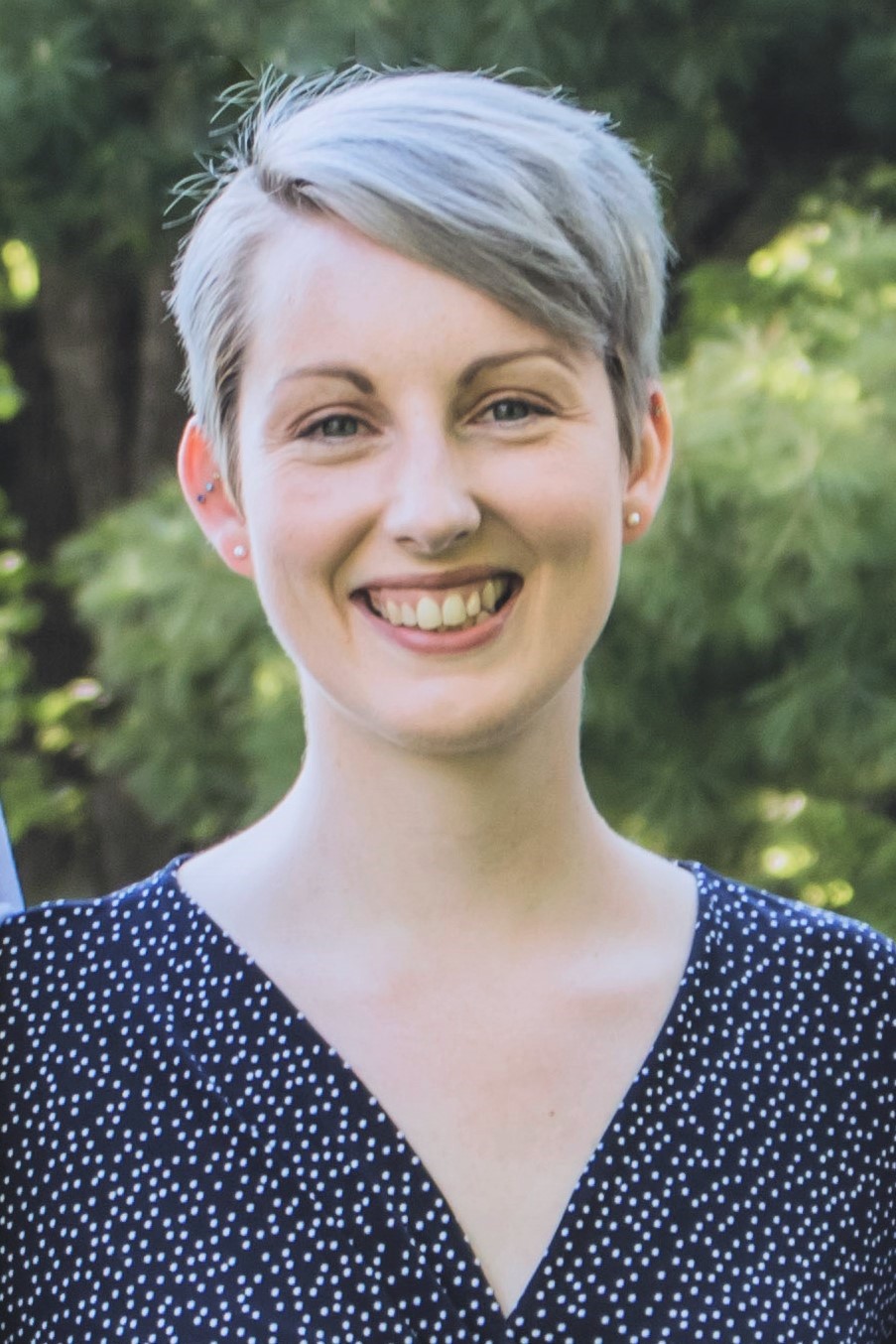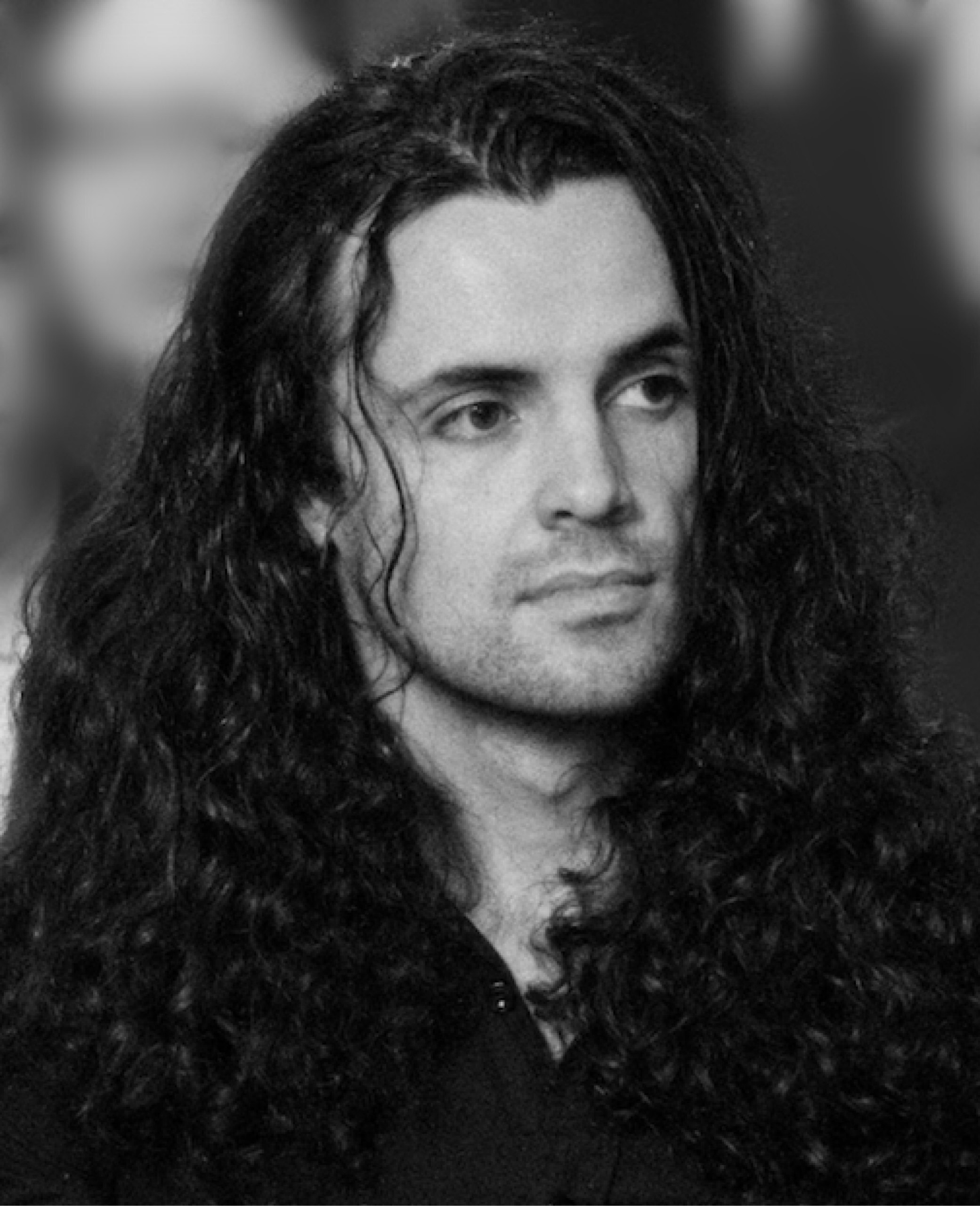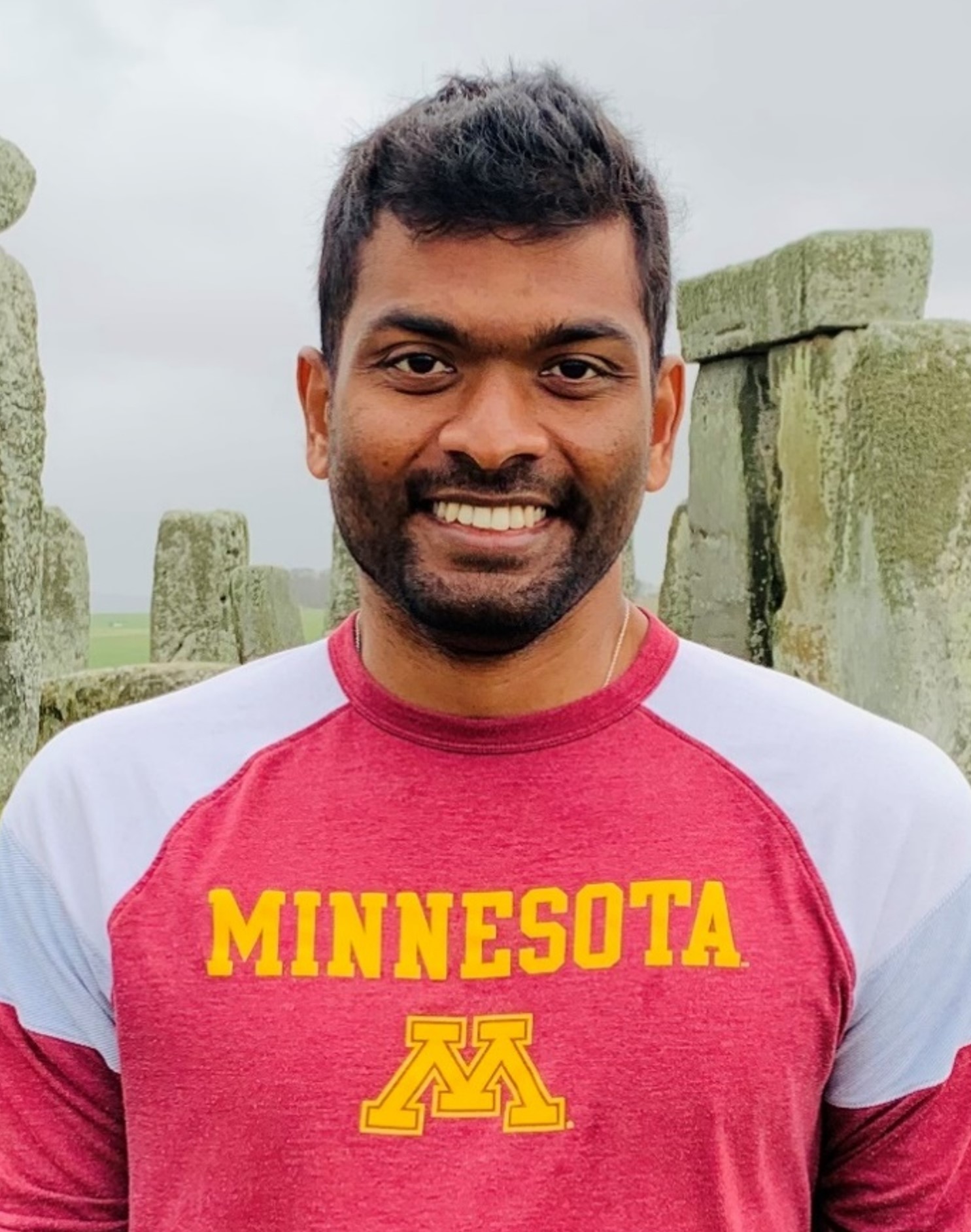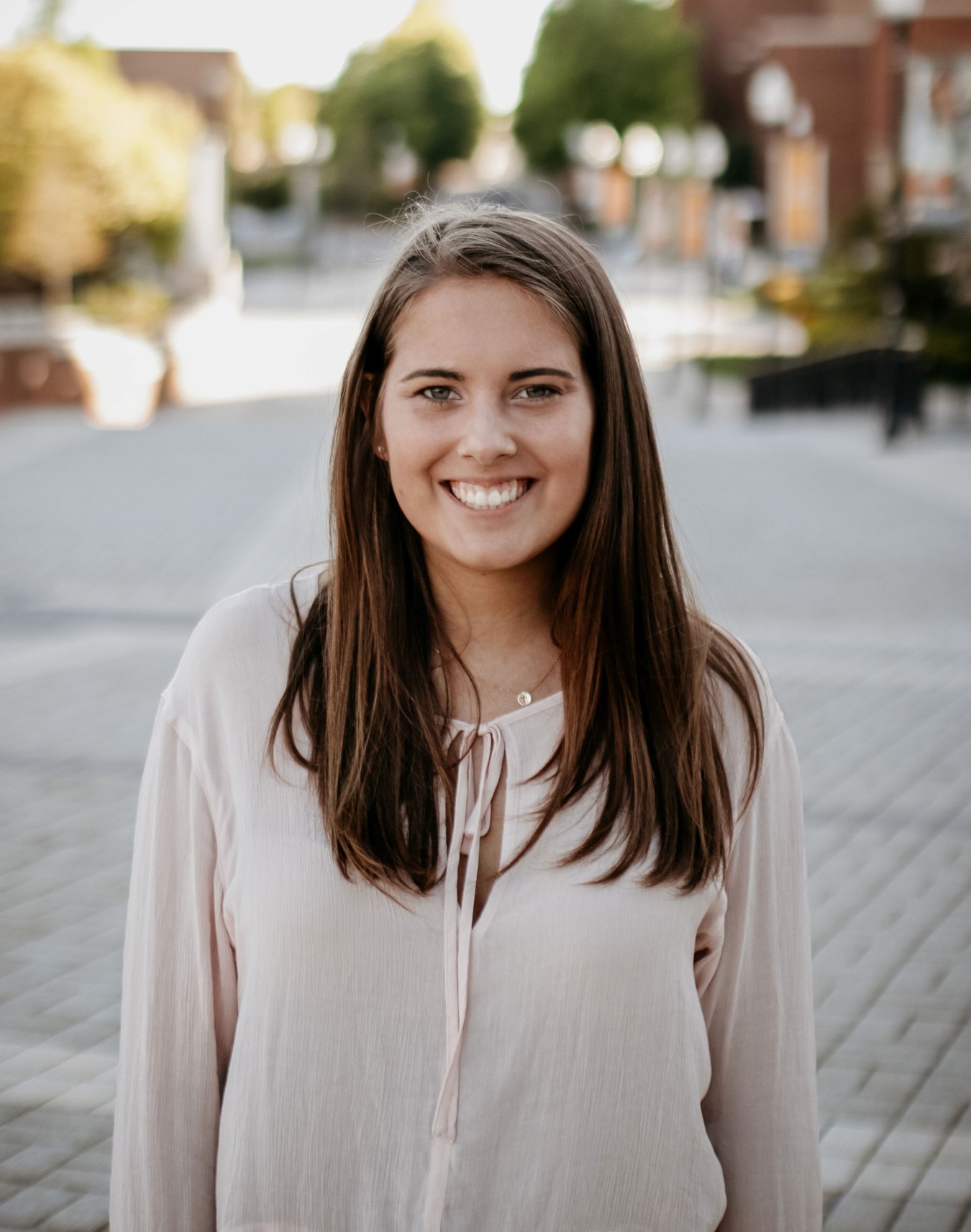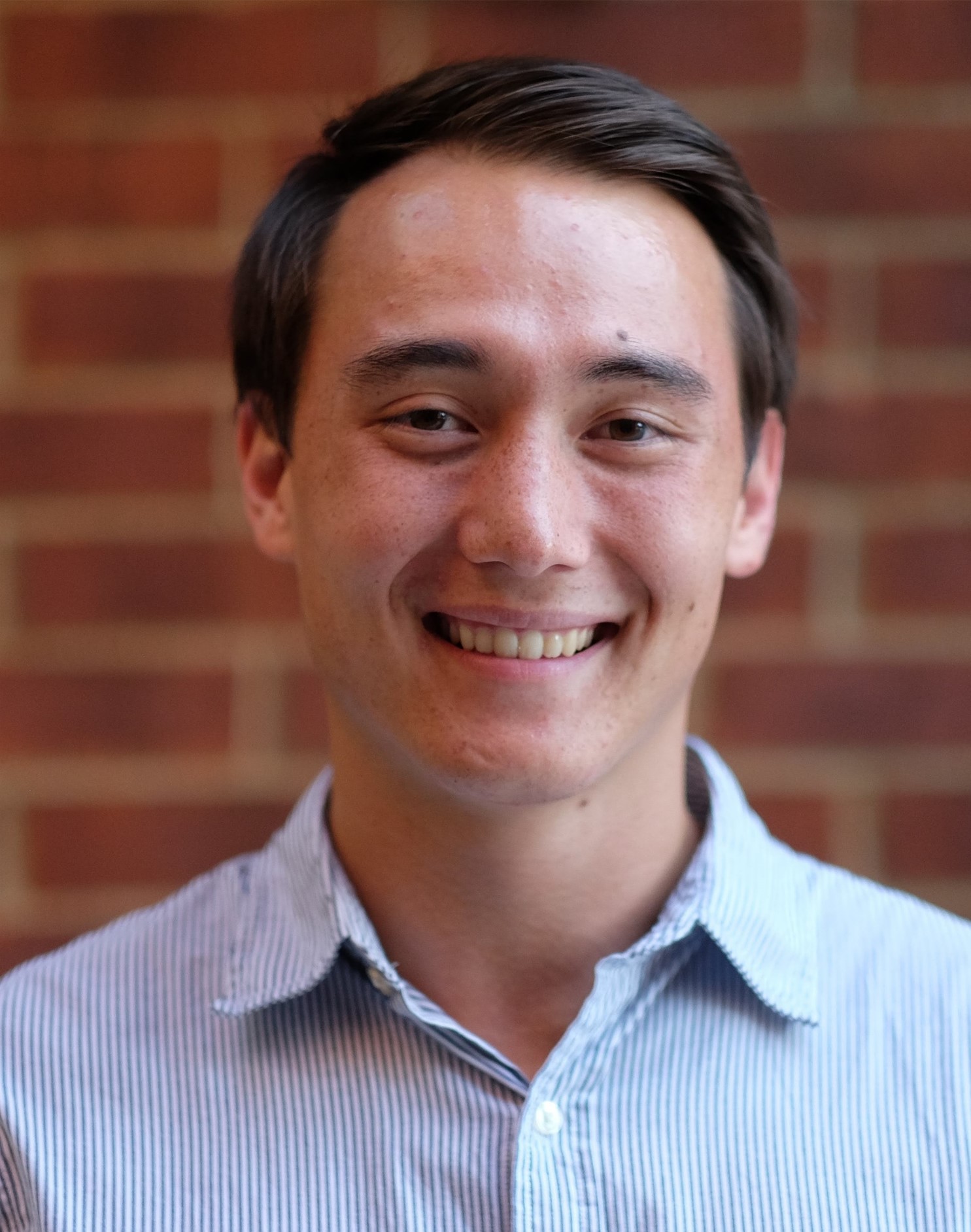Alexander Opitz
Associate Professor, McKnight Presidential Fellow
- PhD in Theoretical and Computational Neuroscience, University of Göttingen, Germany
- Diploma in Physics, University of Tübingen, Germany
Alex is an Associate Professor in the Department of Biomedical Engineering. His research interests are in understanding how electromagnetic fields interact with the brain. He hopes to translate this knowledge into neuromodulation therapies for psychiatric and neurological disorders. He believes to make progress it is necessary to study the effect of brain stimulation on various levels using different modalities.
Ivan Alekseichuk
Research Scientist
- PhD in Systems Neuroscience, University of Göttingen, Germany
- Master in Neurobiology and Psychophysiology, Saint Petersburg State University, Russia
- Specialist in Biology and Chemistry, Belarusian State Pedagogical University, Belarus
Ivan is a cognitive neuroengineer with an interest in the mechanisms of cognition. He is specializing in experimental research in humans, non-invasive read/write brain systems, and multimodal data analysis. His goal is to advance our understanding of cognitive processes and to create ways to augment them with neuromodulation.
Harry Tran
Postdoctoral Associate
- PhD in Automation, Signal and Image Processing, and Computer Engineering, University of Lorraine, France
- Master of Science in Engineering, ENSEM, University of Lorraine, France
- Master in Complex Systems Engineering, University of Lorraine, France
Harry is a computational engineer investigating the effects of electric stimulation in single cells and large neuron populations (mainly transcranial alternating current stimulation tACS and transcranial magnetic stimulation TMS). He also performs invasive recordings in awake non-human primates to extract single unit activity (SUA) and multi unit activity (MUA).
Sangjun Lee
Postdoctoral Associate
- PhD in Electronic Engineering, Hanyang University, Republic of Korea
- MS in Biomedical Engineering, Hanyang University, Republic of Korea
- BS in Applied Physics, Hanyang University, Republic of Korea
Sangjun’s research interest is in investigating the effects of non-invasive brain stimulation (tDCS, tACS). He is specialized in computational simulation using finite element analysis to find ways to improve the stimulation efficacy. His goal is to validate the simulation through various experimental protocols.
Ghazaleh Soleimani
Postdoctoral Associate
- MS and PhD in Biomedical Engineering, Tehran Polytechnic, Iran
- BS in Electrical Engineering, Isfahan University of Technology, Iran
Ghazaleh’s research interest lies in the development of optimized brain stimulation protocols informed by brain mapping tools. She aims to understand how transcranial electrical/magnetic stimulation affects neural and behavioral outcomes. Utilizing MR neuroimaging, signal processing, and machine learning techniques, she investigates the relationship between stimulation-induced electric fields and changes in brain functions and behaviors. Her research is directed toward creating personalized brain stimulation protocols and refining stimulation parameters for individuals with neuropsychiatric diseases like substance use disorders, based on closed-loop systems that integrate brain function feedback into the stimulation parameters.
Rebecca Kazinka
Postdoctoral Fellow
- PhD in Clinical Psychology, University of Minnesota, USA
- BS in Psychology, Haverford College, USA
- Concentration in Neural & Behavioral Sciences, Haverford College, USA
Becca is a clinical cognitive neuroscientist with an interest in using neuromodulation techniques, such as tDCS and tACS, to improve cognitive functioning in humans. Her work integrates decision making, neuroscience, and psychology to examine alterations in psychopathology, with the aim to improve clinical treatments.
Malte Güth
Postdoctoral Fellow
- PhD in Neuroscience, Rutgers University, USA
- MS in Psychology, Philipps-Universität Marburg, Germany
- BS in Psychology, Philipps-Universität Marburg, Germany
Malte’s research is focused on developing novel methods for closed-loop EEG-TMS to individualize brain stimulation treatments and to study the functional relationships between neural oscillations and cognitive functions. To characterize the targeted oscillations and map out the connectivity of the targeted structures he is incorporating insights from simultaneous EEG-fMRI, MEG, and DWI.
Nipun Dilesh Perera
PhD Candidate in Biomedical Engineering
- BSE in Biomedical Engineering, University of Moratuwa, Sri Lanka
Nipun's research interests are in explaining the underlying mechanisms of non-invasive neuromodulation – TMS and TES. He strives to understand these techniques on different scales of brain organization through computational modeling and experimental research. His goal is to enhance the efficacy of neuromodulation-based therapies in brain disorders.
Taylor Ann Berger
PhD Candidate in Biomedical Engineering
- BS in Biomedical Engineering, University of Tennessee, USA
Taylor's research interests are in expanding noninvasive neurostimulation for rehabilitation and treatment in neurological and psychiatric disorders. She strives to improve existing techniques and applications through dynamic computational modeling and the incorporation of artificial intelligence and deep learning.
Zachary Haigh
PhD Candidate in Biomedical Engineering
- BS in Biomedical Engineering, Colorado State University, USA
- BS in Chemical & Biological Engineering, Colorado State University, USA
Zach's research interest is in developing new tools to enhance the understanding and utility of noninvasive brain stimulation methods such as TMS. He is currently working to integrate tracking technologies and simulation programs for use with TMS. This technology would allow researchers and clinicians to compare electric field modeling to evoked potentials during stimulation.
Zhihe Zhao
PhD Candidate in Biomedical Engineering
- MS in Biomedical Engineering, Duke University, USA
- BS in Biomedical Engineering, University of Houston, USA
Zhihe is fascinated by how the brain works and by the interactions between neurons and electromagnetic fields. His eagerness to improve people's quality of life motivates him to study brain stimulation to treat neurological disorders. Zhihe's interested in multiscale computational modeling of neural responses to non-invasive neuromodulation, such as TMS and tACS, to better understand their mechanisms. His goal is to improve the efficacy of neuromodulation-based treatment modalities.
Da Som Choi
PhD Student in Biomedical Engineering
- MS in Electronic Engineering, Hanyang University, Republic of Korea
- BS in Mechanical & Biomedical Engineering, Kangwon National University, Republic of Korea
Da Som is interested in finding better ways to deliver electrical currents directly to the target and investigating the effect of tES on neuronal activities. Her primary research goals are directed toward understanding brain function by engaging in experimental and theoretical inquiries with the hopes of treating a malfunction of the brain using non-invasive transcranial stimulation. During pursuit of her master’s degree, she performed both theoretical and experimental studies on non-invasive transcranial electric stimulation (tES), and she mainly focused on computational simulation for intersectional short pulse (ISP) stimulation.
Zijia Jin
Master's Student in Biomedical Engineering
BS in Biomedical Engineering, Tiangong University, China
Zijia is working on the analysis of brain activities after non-invasive stimulation such as TMS. Her research interests revolve around using both computational and electrophysiological methods to optimize the treatment for neurological disorders. Her goal is to gain assessment and research experience in graduate study that will involve understanding the mechanism of different neuromodulation techniques.
Stephanie Bai
Undergraduate Research Assistant, Biomedical Engineering
Lab Alumni
Kathleen Mantell - PhD in Biomedical Engineering, University of Minnesota
Jonna Rotteveel - Lab Manager
Estefania Cruz Casillo - Undergraduate Research Assistant
Miles Wischnewski - Postdoctoral Associate
Sina Shirinpour - Research Scientist
Join Us!
New positions are available! See more here.
